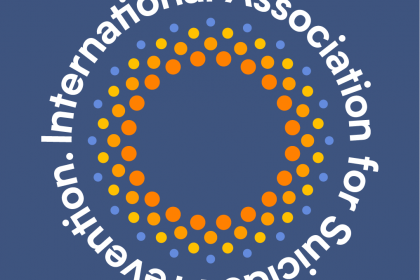CO-CHAIRS:
This task force aspires to generate an international standardized nomenclature on all terms within the area of suicidology, inclusive of death wishes, assisted suicide and bereavement, which may render research more comparable across the globe.
Objectives:
- To increase attention on nomenclatures in the area of suicide through the international distribution of a survey on use and attitudes towards current terminologies.
- To produce high-level publications in the area, inclusive of volumes, booklets and articles, in addition to all other forms of diffusion (e.g., conferences, media, etc.)
Nomenclature Background:
The need for a standardized and shared labelling of suicide ideation and behaviours has for a long time been recognized. However, many previous efforts have failed to effectively provide an acceptable basis for an internationally shared agreement on the use of a given nomenclature.
The implementation of the WHO START Study – through its international participants – is once again showing a wide range of choices and habits in labelling suicide-related phenomena throughout the world. It is evident that cultural background, traditions, criminalization of suicide-related behaviours, stigma embedded to them, health system practices, and official recording procedures, all concur in creating serious obstacles to a sharable platform for labelling suicidality signs in standardized ways. Even within western countries, huge discrepancies exist in data recording, put aside the different opinions on interpretation and correct definition of each different form of suicidal (and non-suicidal) manifestations.
Apart from ‘traditional’ difficulties in defining non-fatal suicidal behaviours, urgent appears the need for uniformity in classifying ‘ideation’ (eg, death wishes, suicide ideation, transient, chronic, intense, etc). Standardizations would be very useful also in the area of ‘survivors’ of suicide (bereavement, grief, mourning, surviving, etc.), and in that of euthanasia (e.g., voluntary, involuntary, active, passive, self-euthansia, etc.) and assisted suicide.
If you would like to join this SIG, please contact us.





